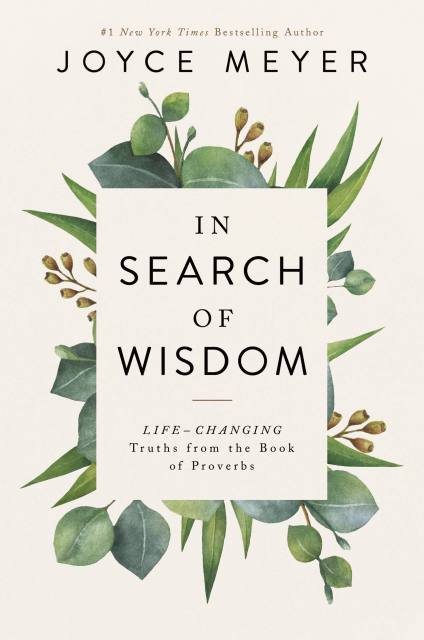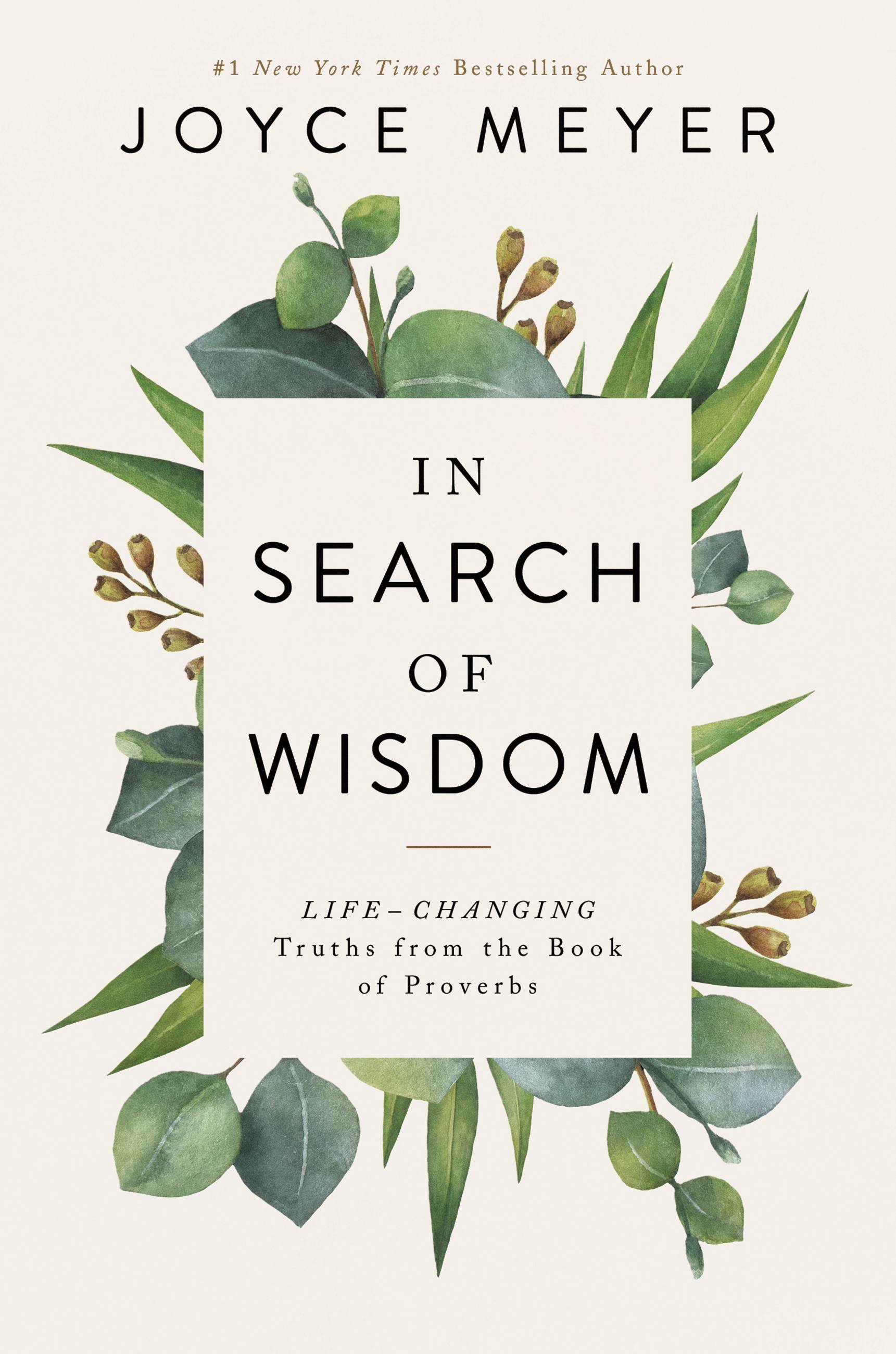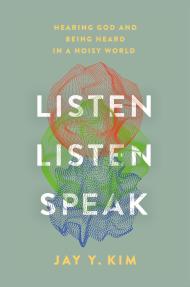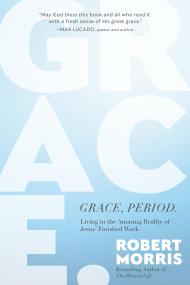Promotion
Use code MOM24 for 20% off site wide + free shipping over $45
In Search of Wisdom
Life-Changing Truths in the Book of Proverbs
Contributors
By Joyce Meyer
Formats and Prices
Price
$16.99Price
$22.99 CADFormat
Format:
- Trade Paperback $16.99 $22.99 CAD
- ebook $11.99 $14.99 CAD
- Hardcover (Large Print) $26.00 $33.00 CAD
- Hardcover $24.00 $30.00 CAD
- Audiobook Download (Unabridged) $24.99
This item is a preorder. Your payment method will be charged immediately, and the product is expected to ship on or around January 18, 2022. This date is subject to change due to shipping delays beyond our control.
Also available from:
The book of Proverbs is a treasure trove of spiritual and practical wisdom that equips us to live our best lives. Knowledge is important, but if it isn’t converted into action, it fails to create transformational change in our lives. It is important to gain a thoughtful and practical understanding of the seven foundational principles in the book of Proverbs:
- Wisdom,
- Understanding,
- Prudence,
- Knowledge,
- Discretion,
- Discernment, and
- Fear of the Lord.
If we desire to possess these qualities, we must make a commitment to a deeper understanding and implementation of these values in our daily lives.
Featuring inspiring questions to promote thoughtful reflection, In Search of Wisdom will enlighten you with God’s understanding and teach you the foundational principles and secure God’s help in practicing them.
Genre:
- On Sale
- Jan 18, 2022
- Page Count
- 272 pages
- Publisher
- FaithWords
- ISBN-13
- 9781546017653
Newsletter Signup
By clicking ‘Sign Up,’ I acknowledge that I have read and agree to Hachette Book Group’s Privacy Policy and Terms of Use







